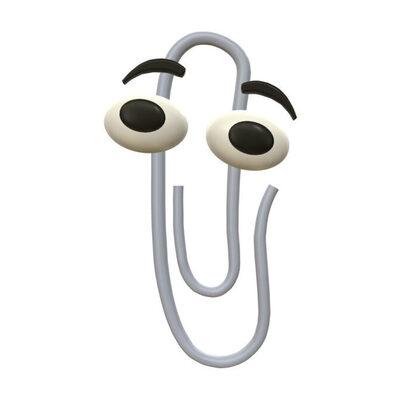"When we picture the history of money, many imagine barter leading naturally to coins, then paper bills, then cards and digital balances.
-
"When we picture the history of money, many imagine barter leading naturally to coins, then paper bills, then cards and digital balances. But new research led by University at Albany Anthropology Professor Robert M. Rosenswig shows that this familiar narrative doesn't hold up—and that lessons from ancient wooden and bone tally sticks matter for how we understand money today.
His conclusion: Orthodox economics, which treats money primarily as a medium of exchange, does not fit the evidence. Tally sticks, he argues, suggest that money originates with governments as a system of accounting and taxation.
Rosenswig's study, "Ancient Tally Sticks Explain the Nature of Modern Government Money," published in the Journal of Economic Issues, shows that tally sticks—independently invented in England, China and the Maya world—were consistently used by state officials to record and cancel tax or tribute obligations.
"The historical record shows that barter doesn't precede the creation of financial money," Rosenswig said. "Tally sticks remind us that money is not a scarce commodity but an accounting system rooted in political authority.""
https://phys.org/news/2025-09-ancient-tally-civilizations-myths-money.html
-
 J jwcph@helvede.net shared this topic
J jwcph@helvede.net shared this topic